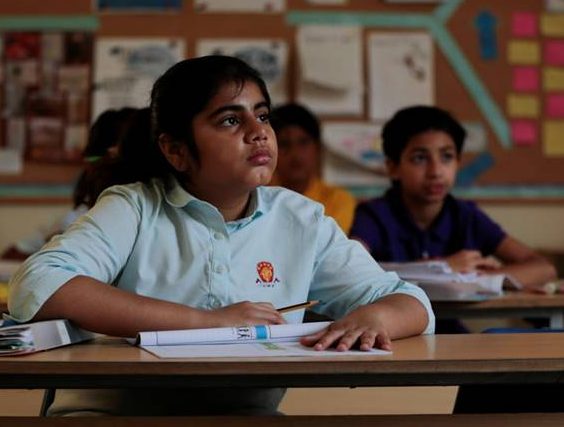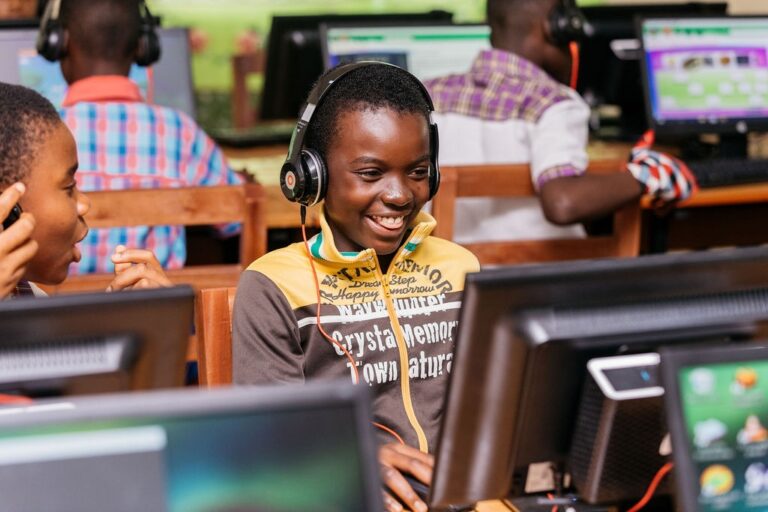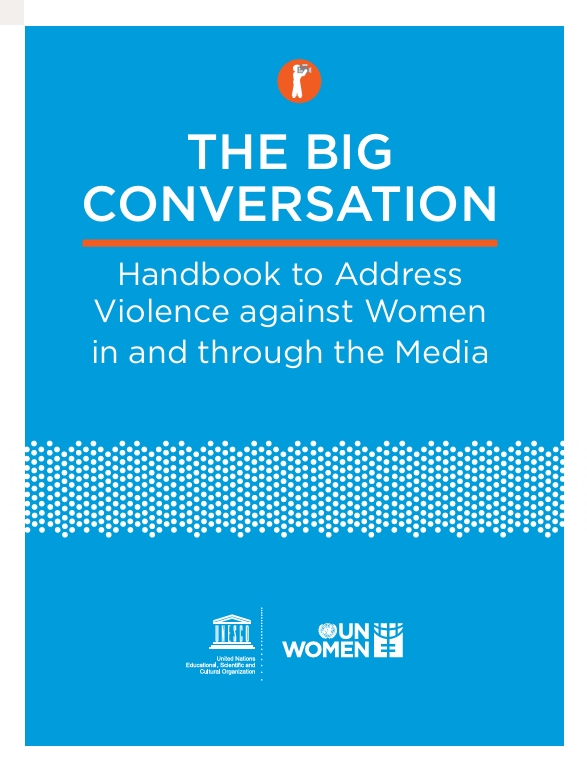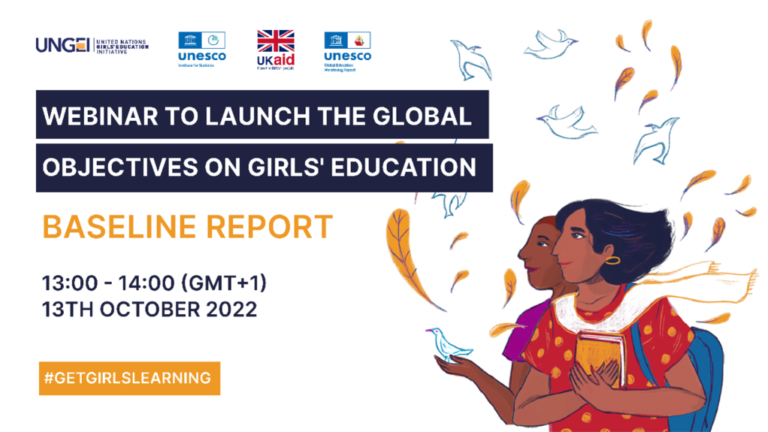By Reena Gupta, June 8 2018 from: Financial Express
Nelson Mandela once said, “Education is the most powerful weapon which you can use to change the world.”
In the interest of enforcement of the provisions under RPWD, institutes are offering financial aid, appropriate resources or infrastructure to help make it barrier-free for students, irrespective of their physical or learning limitations.
Nelson Mandela once said, “Education is the most powerful weapon which you can use to change the world.” These thoughtful words of the revered anti-apartheid leader resonate well across India’s education system, which is empowering the country’s future generation.
Reports suggest that while 10% of the world’s population lives with a disability, 80% of them live in developing countries. According to Census 2011, India is home to 26.8 million persons with disabilities, with only half of them being literates and about 8.5% of them being graduates and above. Globally, efforts are being made to recognise the needs of this special cohort and provide easy and adequate services in key areas such as healthcare, transportation and, most importantly, education. Given the increasing awareness of what is suitable for persons with disabilities, the international community and agencies across the world have made a strong case for inclusive education.
In India, while policies have been devised around social and academic inclusion for people with disabilities, implementation of these policies at the ground level remains a big question mark. The ownership of its execution is the missing link that is keeping millions of students with disabilities from fulfilling their educational goals. Unfortunately, most of these educational goals are scuttled at the school level itself, with these students having limited support to achieve the necessary skill level to even apply to any college.
A look at the policies and programmes in India reveal that, at the school level, several groups are working towards providing education to children with disabilities. Over the past decade, many initiatives associated with policy and programme towards achieving the goal of inclusive education have been taken. For example, the CBSE’s decision to set up an inclusion panel for children with special needs is a welcome step.
In the case of higher education, we are at the brink of change. Although the process towards this change is gradual, there is greater awareness today. Following the provisions of the Rights of Persons with Disabilities (RPWD) Act, 2016, universities are starting to advance and support increased diversity and inclusion in their educational set-ups.
There are a few reputed universities and colleges that are invested in providing a support system through inclusive learning and teaching practices. Several organisations have set up systems to make the school and college curriculum accessible to all learners. There are some brilliant minds working towards removing perceived barriers, promoting inclusive values and increasing the participation of more students with special needs in their learning. The need of the hour is for the university leaders to come together and collaborate with different organisations, government offices, policy-makers and business professionals to reduce barriers and make education accessible to all.
Institutions are beginning to recognise disabilities not just as physical or sensory, but also as all-encompassing of other disorders such as Asperger syndrome, dyslexia, dysgraphia, dyscalculia, and executive function disorders like attention deficit disorder or attention deficit hyperactivity disorder, with most of them being identified under the Act as disabilities.
In the interest of enforcement of the provisions under RPWD, institutes are offering financial aid, appropriate resources or infrastructure to help make it barrier-free for students, irrespective of their physical or learning limitations. Assistive technology is also made available to them for an improved academic experience. The provision of digitised reading materials, access to computers with assistive devices, choice of examination methods, maintaining accessible websites, etc, promote open access and open educational resources to students with disabilities, which goes a long way in furthering education for these students.
Taking a cue from developed economies, where special education is automatically a part of the regular curriculum, India is slowly transitioning to follow suit. We, as a nation, need to fully understand that inclusive learning is not only about people with disabilities, it is also about educating and sensitising the society about different individual needs. Attitudinal shift is what is necessary to make our society inclusive. We must fulfil the responsibility of ensuring that all students, with or without disabilities, have all the means and support they need to exercise their right to education.
By Reena Gupta






